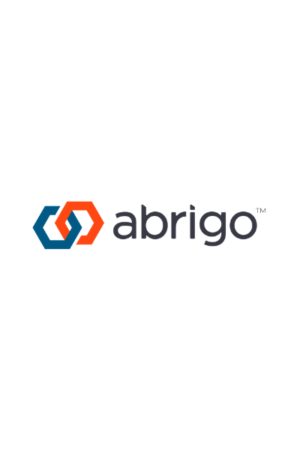On February 2, the Financial Accounting Standards Board (FASB) met to discuss proposed updates related to the CECL adoption timeline, the elimination of the recognition and measurement of troubled debt restructurings for creditors that have adopted CECL, the vintage disclosure enhancements, and PCD terms and their gross-up treatment.
1. CECL
The Board voted on CECL implementation, and there will be no more delays. The last and largest cohort of adopters will need to implement CECL by January 2023.
2. Vintage disclosures
A final update will be drafted on vintage disclosures, which will require current period gross charge offs by year of origination but will not require recoveries or cumulative write-offs. The effective date is the fiscal year-end. Early adoption will be permitted.
3. Troubled debt restructuring
A final update will be drafted to eliminate TDR accounting within the Allowance for Credit Losses in lieu of more disclosures related to modifications upon adopting CECL. The effective date is the fiscal year-end. Early adoption will be permitted.
4. PCD gross-up
The board has voted to do away with PCD terminology. The gross-up relief framework and ongoing accounting will be applied to most acquired assets. Scope exceptions will include AFS debt securities, credit cards, revolving lines, and In-Substance Originated (ISO). The FASB board will continue to deliberate the details, but they have heard concerns from stakeholders and have eliminated the majority of the “double count” of expected losses within fair value accounting combined with the establishment of the ACL that is a part of the current GAAP for non-PCD acquired assets.
Stay tuned for further deliberations, including details on ISO, terminology, presentation, and transition impacts.
You can also read the FASB meeting minutes here.





